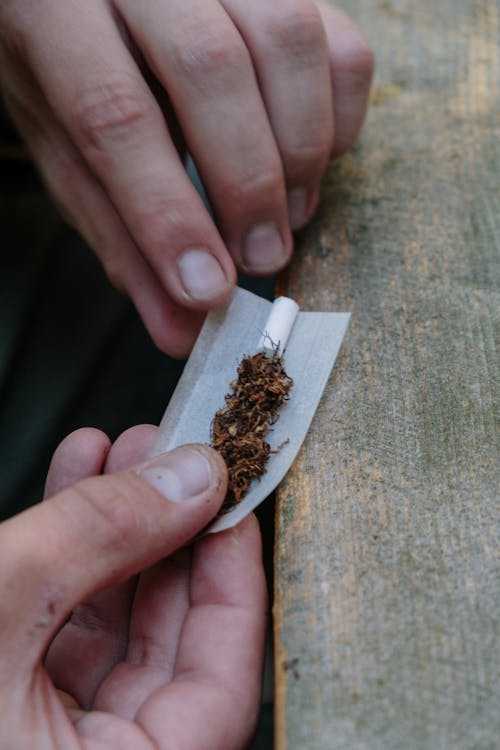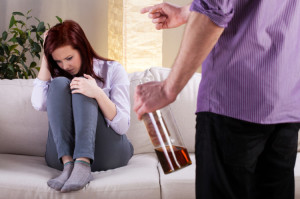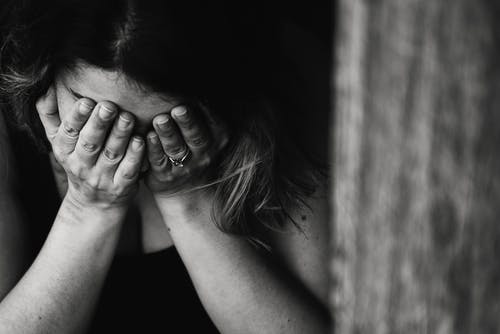Addiction is a chronic condition that is characterized by the compulsive need to seek out and use substances or engage in activities that can have damaging effects on a person’s physical, psychological, and social wellbeing. This condition also has a significant impact on the relationships of those affected. Over the last several years, researchers have investigated how couples’ addiction can affect a relationship. The findings of these studies have revealed that couples’ addiction can lead to a wide range of negative consequences, including increased stress, decreased intimacy, and higher levels of conflict.
When a person is struggling with an addiction, it can often lead to a significant amount of stress, both within the person themselves as well as in any of their relationships. This is due to the fact that the person struggling with addiction may have difficulty with keeping their promise of not engaging in addictive behaviors or substance use due to compulsions that they are unable to control. This can lead to conflicts occurring among partners, making it difficult to move forward with the relationship.

Additionally, when a person is engaging in addictive behaviors, it can often take up a large portion of their thoughts, time, energy, and resources. This then leaves little left for the relationship itself as the person is struggling to manage their addictive behaviors. This, in turn, can lead to a decreased sense of intimacy between the partners, as both of them may feel neglected or as if they are not receiving enough attention from the other.
Another issue that can arise from couples’ addiction is increased levels of conflict between partners. This can be due to a variety of factors, such as one partner feeling resentful or angry for the other partner’s addiction, or the partners engaging in arguments due to disagreements in how to deal with the addiction. Additionally, when one partner is using substances excessively or engaging in other compulsive activities, it can also lead to more conflict between the partners due to the partner attempting to control the other partner’s addiction or attempting to take on the responsibility of helping the addict with their struggle.
The effects of couples’ addiction can also be seen in other areas of the relationship, such as intimacy. When a person is engaging in addictive behaviors, it can lead to a decrease in intimacy between the partners, as the person is unable to devote enough attention to the relationship due to preoccupation with their addiction. Furthermore, this lack of intimacy can also create feelings of loneliness and isolation between the partners, as it can be difficult to form a genuine connection when the person with the addiction is not able to devote any time to the relationship.
It is important to note that couples’ addiction is a serious condition that can have significant effects on the relationship of the couple involved. It can lead to increased levels of stress, decreased intimacy, and higher levels of conflict between partners. However, it is possible for the couple to get the addiction under control and restore their relationship back to its original state. If both partners are willing to work together and put in the effort it takes to manage the addiction, then they can learn to better communicate and use healthier strategies for resolving conflicts. In doing so, they can work together to create a healthier, more emotionally-satisfying relationship.








